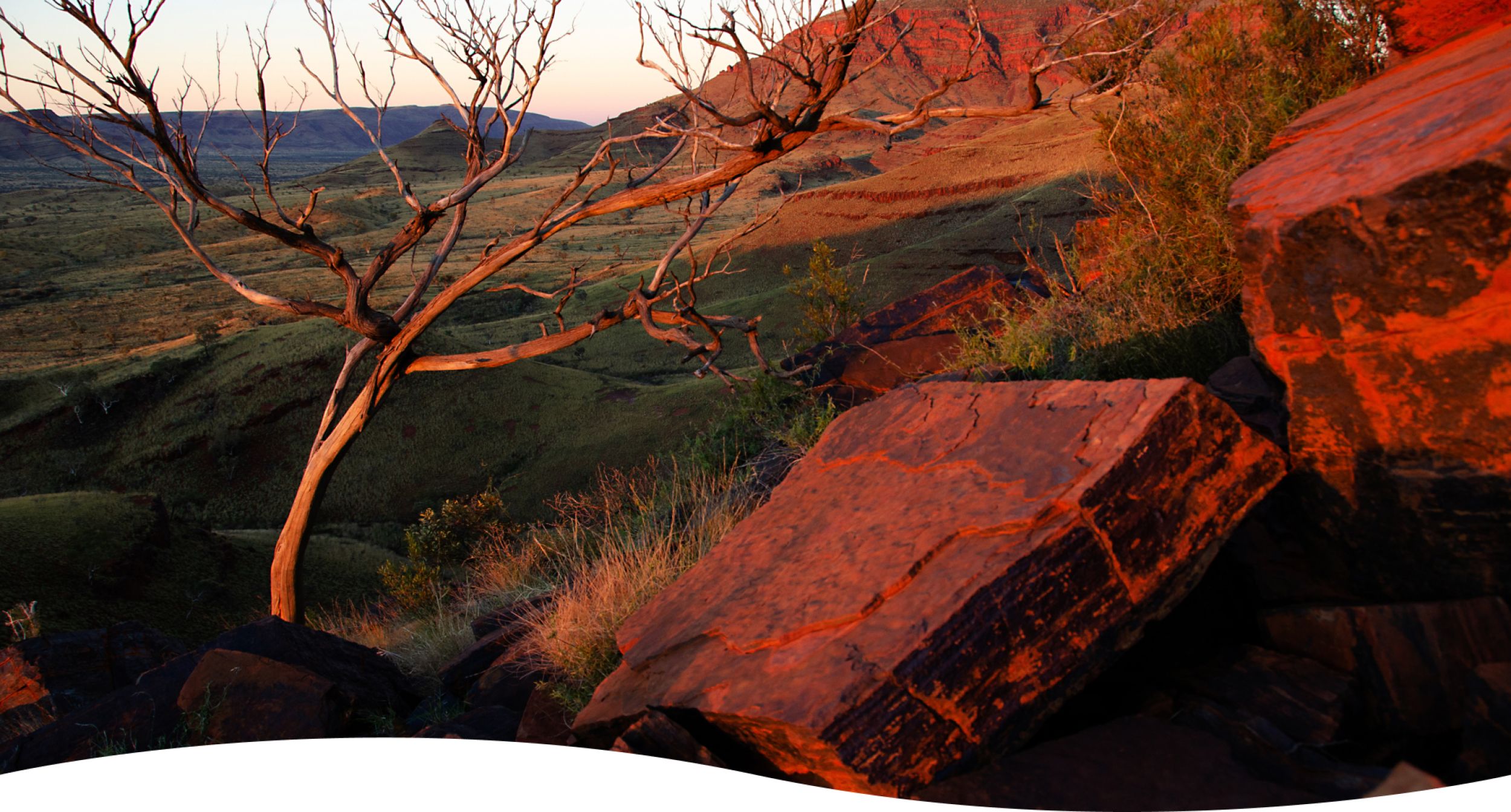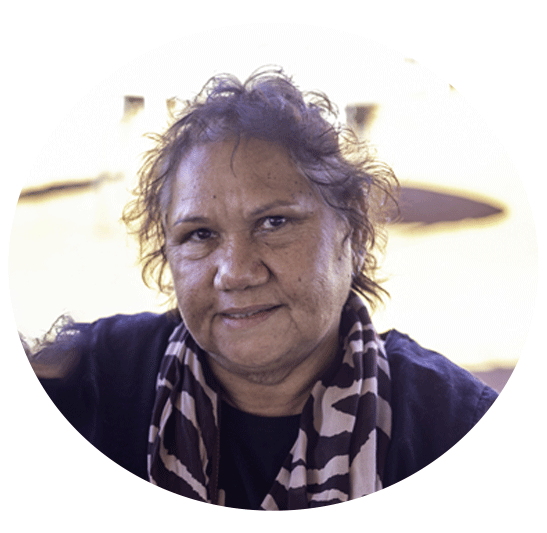
News




We Interview Banjima Elder May Byrne
Hearing from May it is clear that her elders have had a profound influence on her growing up. When asking her what the NAIDOC theme "For Our Elders" means to her, May recalled how her elders serve as the spokespeople for their bajarli (clan). To her, being an elder and a spokesperson is not an exclusive position, but rather a cycle in which younger individuals will eventually step into the role when they become elders themselves. When reflecting on the influence of her elders May reflects: “My elders were kind compassionate and had empathy were forthright and was strong cultural people.”
Growing up in Onslow on the old reserve, May's childhood was filled with memorable moments, including watching the construction of her family's house whilst living in a tent. As well as life on pastoral stations. When asked about her connection to Country, May shares, "I live on country and am always teaching my family. We all learn at a young age how our old people cooked bush tucker. My dad had very old ways and used to cook the kangaroo whole with hot stones in the stomach under the hot embers under the ground." Reflecting on her role as an elder, May emphasizes the value of "RESPECT" as the most important lesson to impart to the next generation.
Amid the many stories shared by her Banjima elders, one narrative holds particular significance—the tale of the crow and the eagle. “My mum use to tell the story of crow and eagle a creation story about kinship system/punishment story if wrong garltharda (skin group marry) mum did this story in Banjima and I translated for her.”
Throughout the years, May has witnessed significant changes in her community. The introduction of Native Title brought both chaos and acknowledgment as proud Aboriginal people. May firmly believes that traditional knowledge and practices continue to play a crucial role in modern life. Aboriginal communities still rely on bush medicines and bush tucker, demonstrating the ongoing relevance and effectiveness of these practices in our world today.
May passionately emphasizes a crucial message she ardently advocates for—learning one's language. She even shares a few commonly mistranslated words, for us all to keep in mind:
Marada: Is first born (from the mum)
Mulharda: Is all children in the middle
Nidinghu: Is the last born child Be sure not to say Niyidi for last born child
Niyidi: Is mother-in-law/son-in-law (a very strict avoidance relationship).